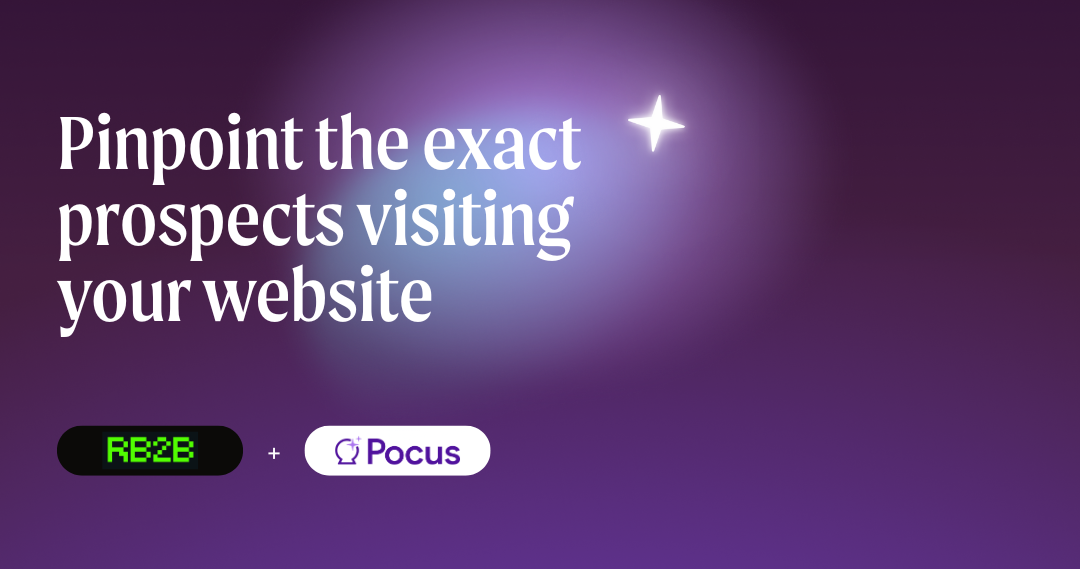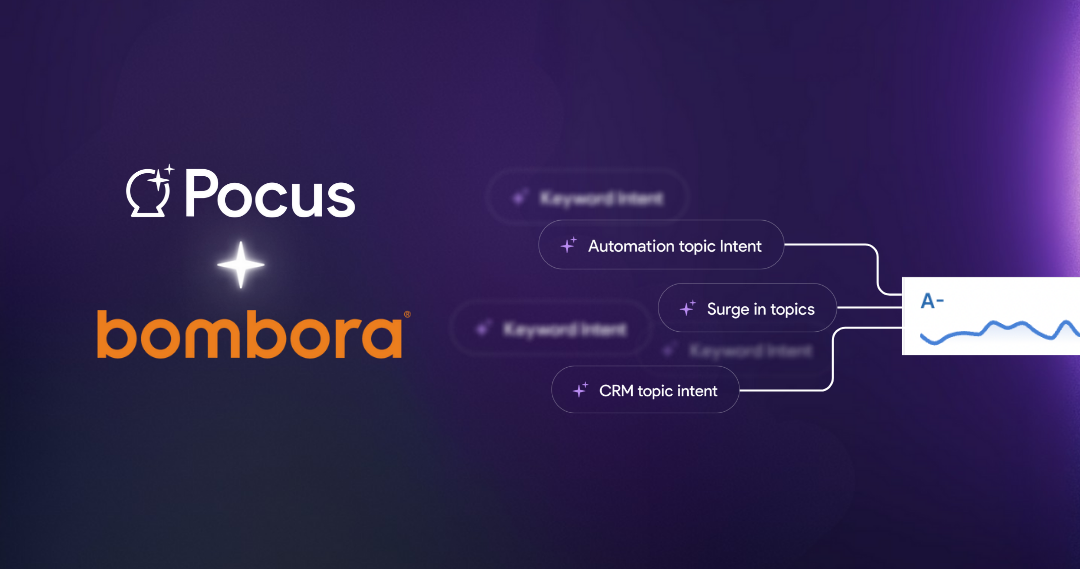Many product-led growth companies – Slack, Atlassian, Zoom – boast that they achieve success by following a few simple steps: release a really good product, allow users to sign-up and engage for free, and let the product sell itself by delivering value immediately.
Since the product “sells itself”, there often isn’t any mention of a formal sales team. But, behind the scenes, there is a sales team that drives significant user growth and accelerates revenue. So, why is there a myth that sales teams don’t exist?
Product-Led Growth Starts with the Product
Let’s use Notion as an example. Imagine a user is on the hunt for a solution to manage notes, docs, projects, and wikis. The user googles those terms and lands on Notion’s promoted homepage. They’ve described the exact problem the user is facing and presented an elegant solution. In seconds, the user signs up for the free version and onboards themselves without ever speaking to a sales representative.
The user loved this experience because it was frictionless and efficient. The user experienced the value of Notion, rather than being told about the value. The user wasn’t gated by a sales pitch and a formal “buying process”. Notion also loved this experience because they benefited from a highly cost-effective onboarding process - they acquired happy users without human intervention. It’s a win-win.
The Limitation of Product-Led Growth
What happens when the company expands to hundreds or thousands of employees and several teams are interested in using Notion? They need a more advanced plan that includes customizing their solution as well as navigating layers of security, procurement processes, centralized billing, and more. Before they’re willing to swipe their credit card for the more advanced plan, they need to learn more, and probably bring a wide range of colleagues along the journey to get their questions answered. The product can’t do all the talking, so they need to speak to a human before they go any bigger.
It is at this juncture that many PLG companies realize that the self-serve flywheel is not enough to sustain the company’s growth milestones. In order to keep growing and meeting aggressive revenue targets, they must find a way to turn $500/year user subscriptions into $500K/year enterprise contracts. If a PLG company does not add a sales team because they think they don’t need one, then users will not feel comfortable nor be incentivized to spend significant capital on an enterprise-wide solution.
This all too common myth of no sales teams at PLG companies ends up killing the company that was formerly killin’ the game.
Product-Led Growth = Product + Sales
PLG companies are in a great position to layer on a sales team. A healthy self-serve flywheel paves an incredible foundation for sales growth. By filling a sales funnel with self-serve users, many of which are champions that love your product, your company has built the right runway for liftoff.
And that’s why - regardless of what you might have been led to believe - the most successful PLG companies actually do have massive sales teams. In 2017, sales accounted for 25% of headcount at the average PLG business. Since 2017, sales headcount grew by an average of 45% year-on-year for public PLG businesses, compared to 33% non-sales headcount (Source: Openview). Today, salespeople represent about 30% of the employees at Slack and Dropbox, and about 45% of employees at Zoom and Datadog (Source: LinkedIn).
Chris De Vylder, the Global Head of Sales Strategy & Ops at Atlassian says,
“Large enterprise customers - at some point in their lifecycle - want to have a direct engagement with the PLG company to remove certain blockers and to ensure they are maximizing value from the product. This turns out to also be a massive revenue upside opportunity for PLG businesses in general."
At these PLG companies, the sales teams look different than traditional enterprise sales teams. They have an enhanced sales motion built to capitalize on their self-serve and product-led advantages. But, it is still sales. And it’s time we start calling it that.
In our next series of blog posts, we’ll introduce a new category of sales for PLG companies, and explain how (and when) to layer on the right sales team onto your existing self-serve strategy.
{{widget-community}}


.png)


.png)
.jpg)






